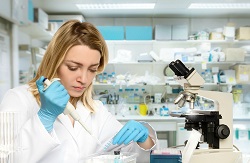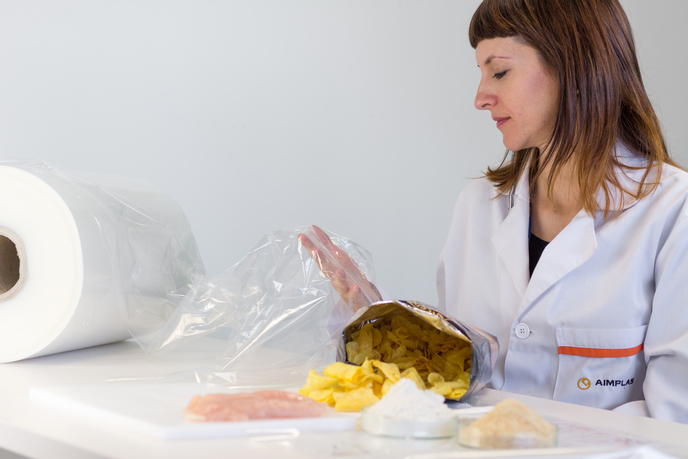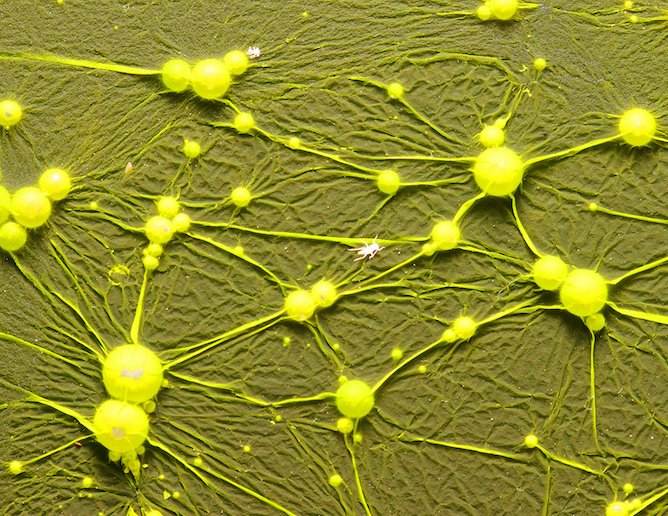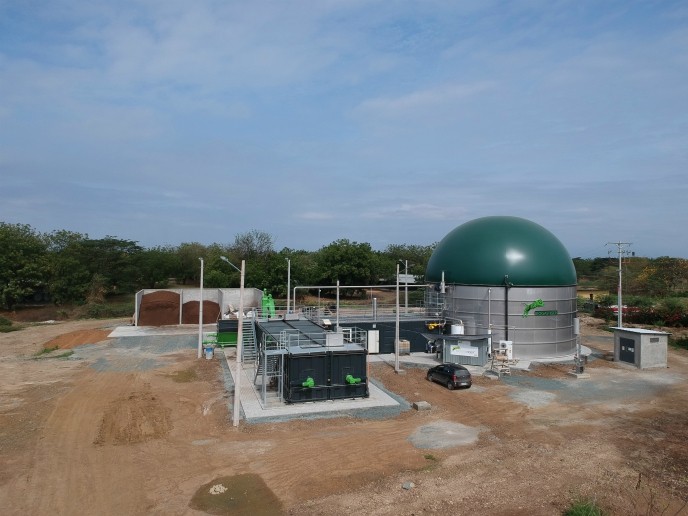Cutting-edge biotechnology provides new approaches to the production of chemicals and therapeutics
Cell factories are emerging as a promising alternative to produce chemicals and therapeutics in bio-based processes used in industry. However, engineering cells to over-produce target chemicals at high yields and rates conflicts their natural growth rate and poses certain technological challenges. The EU-funded PROMYS(opens in new window) initiative was designed to address the scientific limitations associated with engineering complex biological systems. Traditionally, isolation of high-yield production cell phenotypes requires analysis of large datasets to identify key genetic components. PROMYS scientists aimed to drastically accelerate the construction, optimisation and performance of cell factories through a novel synthetic biology technology. “We wanted to develop a platform that will help identify better-performing biocatalysts in a high-throughput manner,″ explains project coordinator Prof. Morten Sommer. Overcoming biotechnology bottlenecks In fermentation processes, cell factories often show reduced productivity as the overproduction of the target chemical is either toxic or unnecessary. As a result, engineered cells evolve away from the production objective and towards a state of lower production and higher growth rate. To address this bottleneck, PROMYS generated the so-called ‘ligand responsive selection systems’, robust biomolecular circuits with integrated sensing modules that sense the cellular state and couple the output to cellular programs. In essence, this poses a non-natural selective pressure on the host cell, with individual cells that don’t fulfil production objectives getting destroyed. “In this way the fermentation population can be maintained in the desired state of high productivity resulting in higher fermentation yields,″ continues Prof. Sommer. During the project, researchers had to address scientific issues relating to the development of synthetic pathways, the optimisation of cell factory production, and the control of cell populations during fermentation. Towards these goals, they identified specific RNA and protein based biosensors that could be deployed as ligand responsive selection systems for key metabolites. Ligand responsive selection was novel to PROMYS and was used instead of standard analytical screening methodologies. “Linking the concentration of a desired chemical with cell survival, allowed us to quickly test many biosynthetic pathways, bypassing the time-consuming and highly labour-intensive analytical methods,″ continues Prof. Sommer. Through selective cycles of biological optimisation within the synthetic biology framework, researchers managed to optimise specific metabolic processes in engineered cells. At the same time this allowed them to create numerous cell libraries which were subsequently screened for optimised enzyme function, new synthetic pathways, and cell factory optimisation. Technology applications Apart from tools and methodology, the project made significant scientific breakthroughs providing important insight into the field of synthetic biology. By integrating forward-engineering tools and concepts of synthetic biology, the PROMYS platform helps identify the most advantageous parameters through self-selective cycles of biological optimisation. Overall, it constitutes a valuable tool in the hands of future chemical engineers, giving them the opportunity to modify cell pathways for the specific objectives of their application. For specific biotechnology applications, it enables the engineering of cell factories for production objectives by overruling the natural inclinations of biological systems. The project was designed to include industrial partners for product and technology commercialisation. As Prof. Sommer concludes “the deliverables are expected to have a significant impact on various industrial applications within the chemical industry with multi-million Euro revenue potential, including food and beverages, cosmetics, and pharmaceuticals.″







